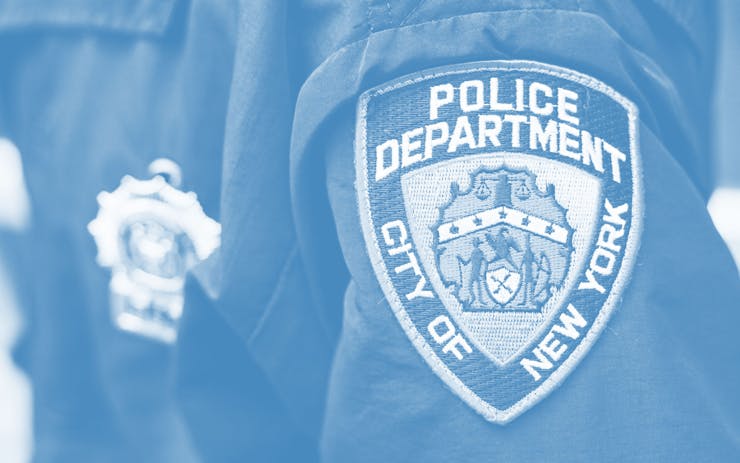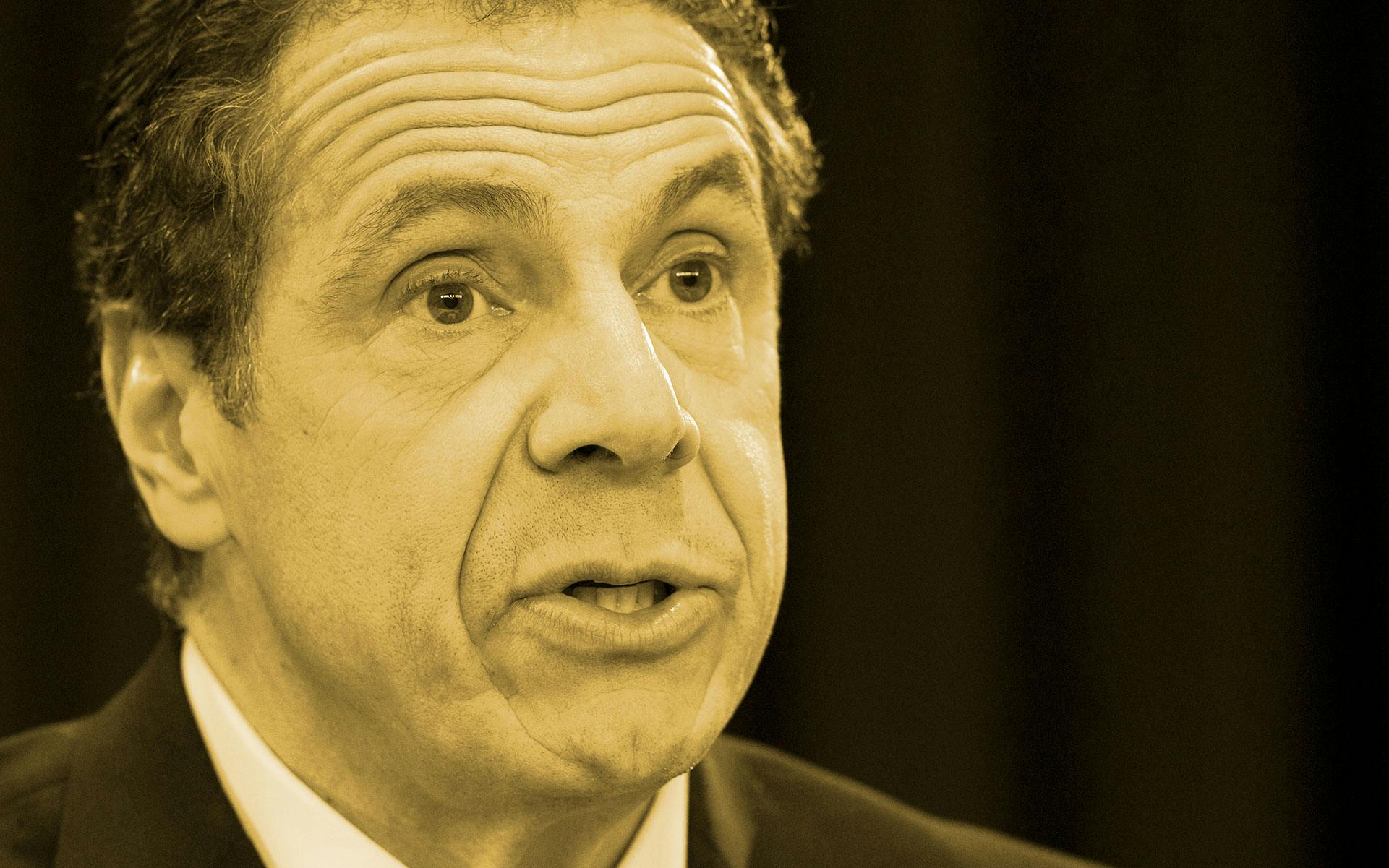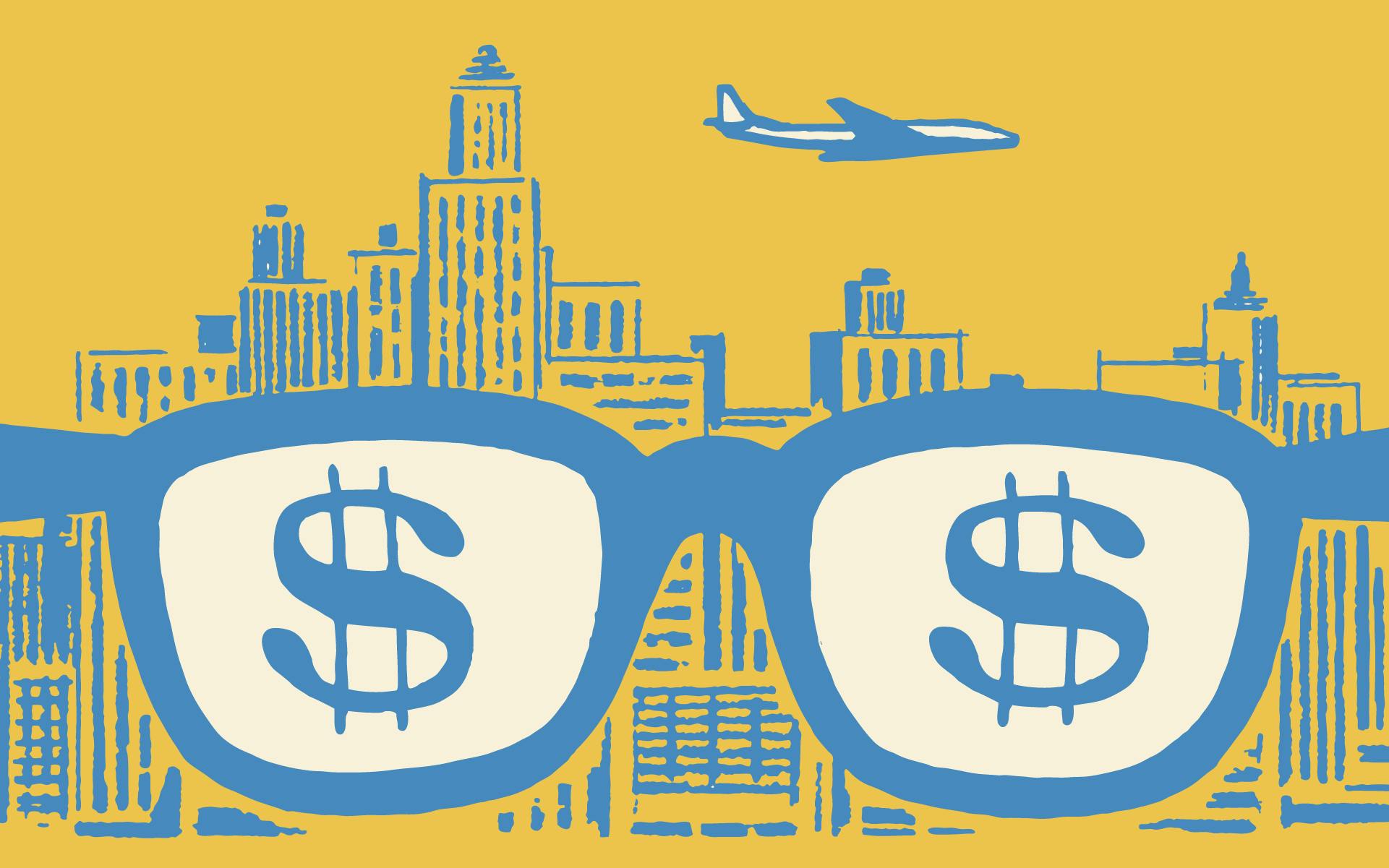After failing to pass a progressive adult-use cannabis bill, the Legislature instead closed out the year’s session with a decriminalization measure.
The bill includes language that will clear some past criminal convictions, but critics are already warning that the measure may not do much at all to address racially motivated policing. And historically, New York has seen some of the highest racial disparities in cannabis arrests nationwide.
“We know that when there is a choice, law enforcement will continue to criminalize communities of color,” said Kassandra Frederique, the New York state director at the Drug Policy Alliance. “The continued racial disparities show that.”
A Step in the Right Direction
Lawmakers in the State Assembly put their final touches on a decriminalization bill (S6579A / A8420A) Friday morning. It now heads to Gov. Andrew Cuomo, who is expected to sign it into law.
To many it was a disappointing finish to a marathon legislative session that ultimately saw the failure of both an adult-use legalization and medical marijuana expansion bill. Although the decriminalization measure would automatically expunge the records of New Yorkers with minor cannabis convictions, the plan doesn’t stray too far from the status quo: Possession of small amounts of cannabis will still be a punishable offense, but it will now be subject to civil fines rather than jail time. And consuming cannabis in a public place will remain a crime.
“As a legislator, I have a lot more work to do.”
The new bill would lower the civil penalty for possession of less than one ounce of cannabis to a $50 fine. Possession of one to two ounces, currently classified as a Class B misdemeanor, would be redefined as a violation and carry up to a $200 fine.
But possession of more than two ounces will still be considered a crime. And the bill doesn’t change the legal status of public consumption; smoking a joint in an alley is still grounds for arrest.
Even the bill’s proponents cede that it isn’t everything they wanted.
“I’m not saying this is a panacea or a utopian thing we’ve accomplished,” state Sen. Jamaal Bailey (D-Bronx), one of the bill’s sponsors, told reporters on Thursday. “As a legislator, I have a lot more work to do. … But I think this is really a step in the right direction and being able to kind of stem the tide of this failed war on drugs that has unfairly and disproportionately affected Black and Brown communities so much.”
New York is notorious for its overpolicing of minority communities, especially when it comes to cannabis. The Drug Policy Alliance has referred to the state as the “marijuana arrest capital” of the world, and a New York Times investigation and editorial each highlighted sharp racial disparities around cannabis arrests.
Even though New York technically decriminalized the possession of small amounts of cannabis in the 1970s, today more than 600,000 New Yorkers, overwhelmingly Black or Latinx, still have cannabis-related charges on their records. Convictions can be obstacles to securing housing, employment, higher education, and more.
Shop highly rated dispensaries near you
Showing you dispensaries nearSeparate from the legislation, District Attorneys in Manhattan and Brooklyn have both enacted plans to vacate thousands of cannabis-related arrest warrants last year and stop prosecuting certain cannabis crimes.
Hemp Regulation Passes
Although a bill to expand the state’s lackluster medical program failed to pass, a separate piece of legislation to regulate the state’s booming hemp and CBD markets is also headed to the governor’s desk.
“(If) you can’t carry products that weren’t grown and processed in New York State, I’m out of business.”
“There are many products in stores already that consumers have no way of knowing if they are legitimate or safe,” Assemblyperson Donna Lupardo (D-Binghamton), who sponsored the hemp bill, said in a statement on Thursday. “It’s very important that we put in place regulations to not only protect consumers, but to provide guidance to our farmers and our producers.”
Yet the bill, which will allow the sale of only New York–produced hemp and hemp extracts, already has vendors worried.
“[If] you can’t carry products that weren’t grown and processed in New York State, I’m out of business,” Jodi Tunison, owner of CBDepot, told RochesterFirst.com.
Cuomo: ‘Not Going to Say I Told You So’
The push to legalize cannabis in New York is dead for the year, but it’s not gone for good. As Cuomo said in a press conference Friday morning, lawmakers may try again next year. But despite legalization’s popularity with voters, Democrats in office may be even more resistant to legalization in 2020, an election year where every issue becomes more sensitive. Earlier this year, state Sen. Diane Savino (D-North Shore/Brooklyn) predicted that if legislation didn’t pass this year, New Yorkers may have to wait until 2021 or 2022.
Cuomo, who has spent much of the legislative session blaming fellow Democrats for not being able to round up enough votes rather than of helping nudge the adult-use bill over the finish line, couldn’t resist one more jab during his Friday press conference.
“I’m not going to say I told you so,” he said, “but I am going to say everything but.”







